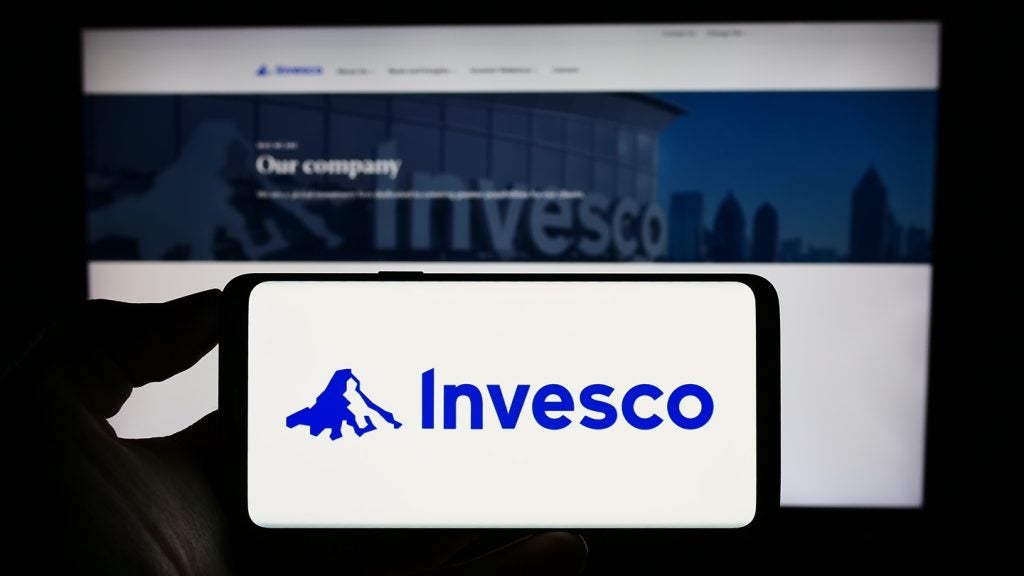
Once again, the Bank of England has chosen to raise interest, this time by 0.5%, to combat inflation and the cost of living crisis. Was this the right move? Is the UK heading towards a recession? Is it unavoidable? PBI asks the experts
Giles Coghlan, chief market analyst, HYCM
The stakes have never been higher for Bank of England policymakers. Yesterday’s news that core inflation has risen to the highest level since John Major was in Downing Street has delivered another blow to the economy, and with headline inflation remaining at 8.7%, a 50bps rise was necessary to avert further policy failure.
The BoE is unlikely to clearly signpost how high rates will go at this stage, because the recent rapid pricing is disruptive for UK businesses and homeowners. However, investors should not rule out further hikes to come. Despite the stagflation and pain it will cause in the near-term, market expectations now see rates exceeding 6% in early 2024, and the threat of a recession looms more than ever. We have already seen some GBP sell-off, but this will continue if a recession looks increasingly likely.
Andy Mielczarek, founder and CEO, SmartSave
Better savings rates are the silver lining to come from persistently high inflation. As a result, customers loyal to high street banks are potentially paying a high price for their loyalty by missing out on better rates.
With the average easy-access rate sitting at 2.3%, there is often a big gulf between average rates and the top deals that can be secured by looking beyond the high street and also considering fixed-term products. Today’s latest hike, already priced into some savings products, only makes it more important that people consider all their options.
Michael McGowan, managing director of foreign exchange, Bibby Financial Services
Today marks the Bank of England’s thirteenth consecutive interest rate rise in a row, which is more than unlucky for the UK’s 5.5 million SMEs. British businesses are still battling with a very murky economic outlook, and this 0.5% percentage increase is unhelpful in the extreme.
How well do you really know your competitors?
Access the most comprehensive Company Profiles on the market, powered by GlobalData. Save hours of research. Gain competitive edge.

Thank you!
Your download email will arrive shortly
Not ready to buy yet? Download a free sample
We are confident about the unique quality of our Company Profiles. However, we want you to make the most beneficial decision for your business, so we offer a free sample that you can download by submitting the below form
By GlobalDataAs inflation remains stubbornly high, questions have to be asked as to whether these consistent gradual rises are having the desired effect. Perhaps a policy of less frequent but higher increases would have had a greater impact on the process of managing inflation. UK businesses are now trapped in a cycle of uncertainty which makes planning very difficult. This problem is even more acute for companies trading internationally, as the latest interest rate rise further exacerbates the volatility inherent in FX markets.
Richard Ollive, senior financial consultant, Wesleyan
Today’s decision marks the thirteenth consecutive base rate rise, and it’s unlikely to be the last we’ll see.
For most people, this means more costly mortgages. Whether on a tracker and feeling the immediate increase in monthly repayments, or remortgaging at the end of a fixed term deal and experiencing a jump in costs, it’s clear that mortgages are becoming challenging for many to manage. We’re also seeing fewer products on the market, with lenders repricing and removing deals at very short notice. Simply, it’s making it hard for consumers to shop around.
While many optimistically hoped we’d return to a low inflation, low interest rate environment later this year, it looks unlikely. We expect that we’ll see these trends continue well into 2024 before they reverse.
David Fowler, global co-head, private equity, Apex Group
Despite hopes to the contrary, annual headline inflation remained stubbornly high in May. In an effort to avoid runaway inflation the Monetary Policy Committee has announced a further 0.5 point rate hike today.
In the private markets, this means that the fundraising environment will remain challenging in Q3 after a slower H1, with capital continuing to be directed towards managers with strong track records and specialized investment strategies. There will be further opportunities for funds with dry powder to acquire under-valued assets, as well buying opportunities for special situations funds in the coming months. With interest rates continuing on this upward trajectory, the rising cost of debt raised to fund private equity transactions will further impact the returns of highly leveraged funds. It will also make borrowing more difficult making larger deals less accessible to managers who rely on leverage to finance large M&A opportunities.
Another challenge for private equity over coming months will be the changing risk appetite of investors. Higher interest rates offer a strong risk free return for investors investing into bonds; this will make it more challenging for PE managers who will need to offer higher returns to attract investors away from lower risk investments into bonds. We have already seen PE managers buying up CLOs and other forms of debt, this trend is likely to continue as managers look at ways to maximse returns.
Further, with this latest interest rate rise, private markets investors will continue to seek greater liquidity at both the asset and investor level; this has led to more evergreen and quasi-open-ended structures being launched. As managers look for other fundraising avenues outside of the traditional institutional investor base, these structures are also being used to open funds to retail investors. However, today’s announcement follows indicators that the cycle of monetary policy tightening in the US and Eurozone may be slowing. If this indeed comes to pass, we expect the private markets fundraising environment to improve towards the end of the year. We also expect to see an increase in the number of continuation funds being launched as investors look to hold onto assets beyond the fund life to realise improved valuations.







